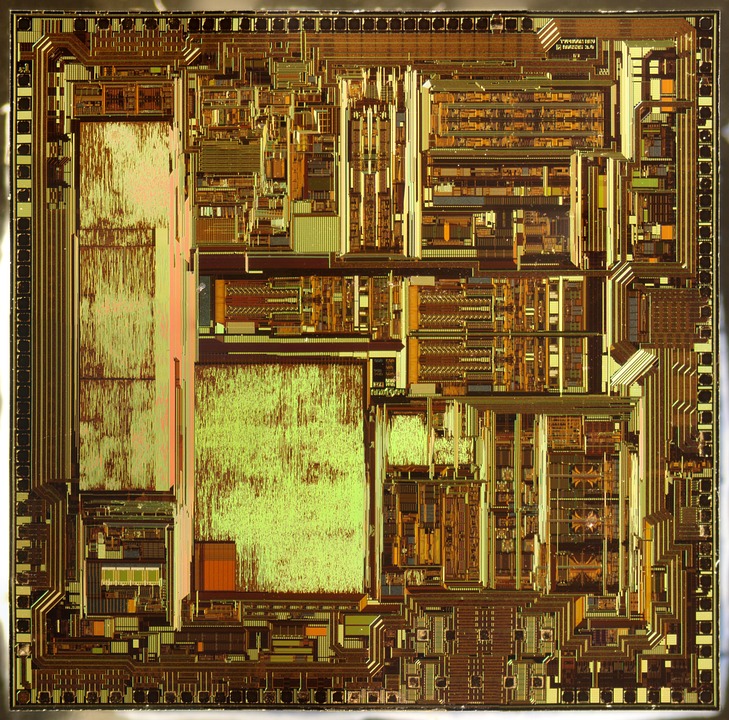Hidden Fees and Contract Traps: Avoiding Payment Processor Pitfalls
In today’s digital age, accepting credit and debit card payments is no longer a luxury, but a necessity for businesses of all sizes. Choosing the right payment processor, however, can be a daunting task. A landscape littered with complex contracts, opaque pricing structures, and hidden fees makes it easy to fall into pitfalls that can significantly impact your bottom line. This article will arm you with the knowledge to navigate the world of payment processing, avoid common traps, and choose a solution that works for your specific needs.
The Allure of Low Rates: Don’t Be Fooled
The first thing that often attracts businesses to a particular payment processor is the advertised rate. Be wary of exceptionally low rates that seem too good to be true. These often come with hidden strings attached, like tiered pricing structures and hefty transaction fees.
-
Tiered Pricing: This system categorizes transactions based on perceived risk. “Qualified” transactions (usually the simplest card-present swipes) receive the advertised low rate. “Mid-qualified” and “non-qualified” transactions (card-not-present transactions, rewards cards, corporate cards) are charged significantly higher rates. The fine print often dictates which transactions fall into each category, leaving you vulnerable to unexpected charges.
-
Interchange-Plus Pricing: The Gold Standard: A more transparent and predictable model is interchange-plus pricing. This structure separates the interchange fees (fees paid to the card-issuing bank) from the processor’s markup. You pay the actual interchange fee, plus a small percentage and/or transaction fee to the processor. This gives you a clear understanding of where your money is going.
Hidden Fees: Unearthing the Gremlins
Beyond the headline rates, a multitude of hidden fees can eat away at your profits. Here are some common culprits to watch out for:
-
Monthly Minimum Fees: You’re charged a fee if your monthly transaction volume doesn’t meet a pre-determined minimum, even if you have very few sales in a particular month.
-
Statement Fees: Fees charged for providing you with your monthly transaction statements.
-
PCI Compliance Fees: While PCI compliance is crucial for security, some processors charge exorbitant fees for maintaining it, often without providing significant support.
-
Chargeback Fees: Fees incurred when a customer disputes a charge. These fees can be significantly higher than the original transaction amount.
-
Early Termination Fees: Steep penalties for cancelling your contract before the agreed-upon term, even if the processor isn’t meeting your needs.
-
Setup Fees: Fees charged for setting up your account, which can be surprisingly high.
-
Batch Fees: Fees charged for each batch of transactions processed at the end of the day.
-
Address Verification Service (AVS) Fees: Fees charged for verifying the billing address provided by the customer.
Contract Traps: Reading the Fine Print is Essential
Before signing any agreement, meticulously review the entire contract. Pay close attention to the following:
-
Contract Length: How long are you locked into the agreement? Some processors have lengthy contracts (3-5 years) with automatic renewal clauses.
-
Automatic Renewal Clauses: These clauses automatically renew your contract for another term unless you provide written notice within a specific timeframe (often 30-60 days before the contract end date). Missing this window can trap you in another multi-year agreement.
-
Termination Clause: Understand the process for terminating the contract and the associated fees. Look for “evergreen clauses” that automatically extend the contract.
-
Equipment Leases: Avoid leasing equipment from processors, as it can be significantly more expensive in the long run than purchasing it outright.
-
Indemnification Clauses: These clauses hold you responsible for certain liabilities, even if they are caused by the processor’s negligence.
Due Diligence: Research and Compare
Finding the right payment processor requires careful research and comparison.
- Read Online Reviews: Look for independent reviews and testimonials to get a sense of the processor’s reputation.
- Compare Pricing Models: Obtain quotes from multiple processors and compare their pricing models (tiered vs. interchange-plus).
- Ask Questions: Don’t hesitate to ask processors about their fees, contract terms, and support services. Get everything in writing.
- Negotiate: Don’t be afraid to negotiate fees and contract terms. Many processors are willing to offer discounts to win your business.
- Consider Integrated Solutions: For online businesses, consider integrated payment gateways like Authorize.net, which offer secure and reliable payment processing and integrate seamlessly with e-commerce platforms.
Staying Vigilant: Monitoring Your Statements
Even after choosing a processor, it’s crucial to monitor your monthly statements carefully for any unexpected fees or discrepancies. If you find any errors, contact the processor immediately to dispute them.
FAQs
-
What is PCI compliance? PCI DSS (Payment Card Industry Data Security Standard) is a set of security standards designed to protect cardholder data. All merchants who accept credit card payments must be PCI compliant.
-
What is a chargeback? A chargeback occurs when a customer disputes a charge with their credit card company.
-
What is an interchange fee? An interchange fee is a fee paid by the merchant’s bank to the card-issuing bank for each credit card transaction.
-
How can I negotiate better rates with my payment processor? Prepare to negotiate by researching average rates and demonstrating your understanding of the industry. Highlight your business’s strengths (high transaction volume, low chargeback rate) and be prepared to walk away if the offer isn’t satisfactory.
Conclusion: Expertise and Support for Peace of Mind
Navigating the complex world of payment processing can be overwhelming. Hidden fees and contract traps can easily derail your business. By understanding the common pitfalls and taking proactive steps to protect yourself, you can find a payment processor that meets your needs and helps you grow your business. If you need personalized help, contact Payminate.com. They can help your business get merchant processing. With their help, you can make informed decisions, avoid costly mistakes, and focus on what matters most: running your business.

